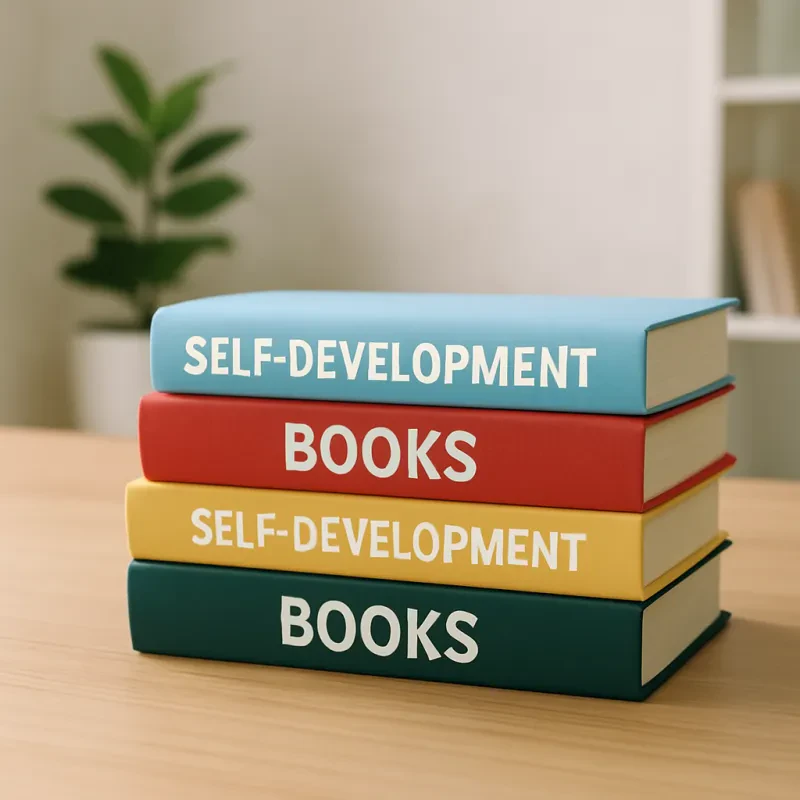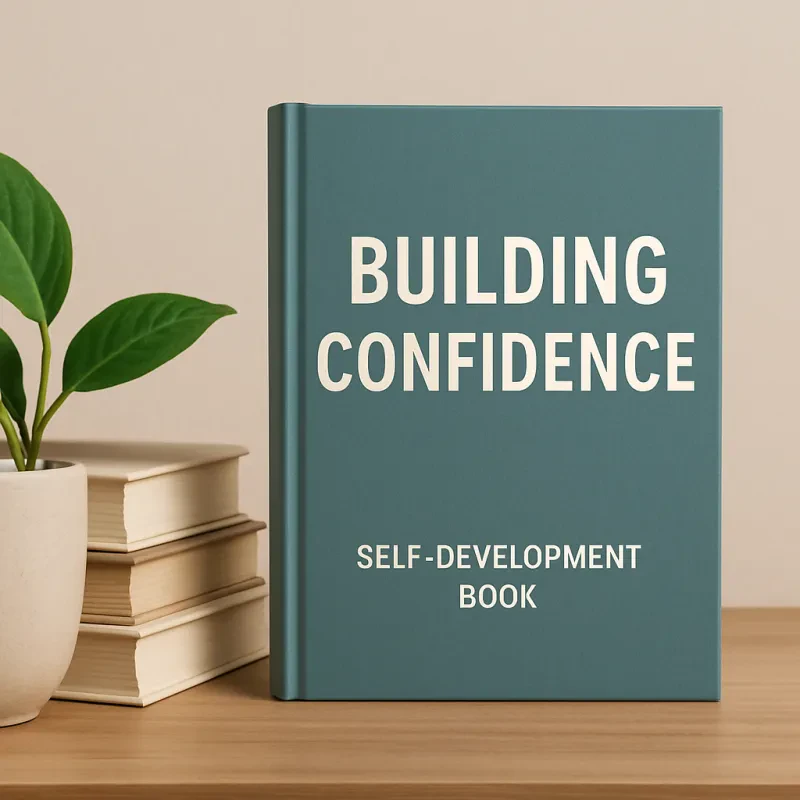Asking for Help: A Guide to Overcoming Barriers and Building Stronger Relationships
Imagine tackling a big project at work. You're stuck, feeling overwhelmed, but you sit there in silence, hoping the solution will magically appear. How many times have you hesitated to reach out for help in a situation like this? Studies show that nearly 70% of employees feel uncomfortable asking for help in the workplace. This reluctance can stifle collaboration and growth. Remember, asking for help isn't a weakness. It's a vital skill for personal and professional success.
Understanding the Barriers to Asking for Help
Fear of Judgment
One of the biggest obstacles people face when seeking help is the fear of being judged. We often worry that others will see us as incompetent or a burden. This anxiety can stop us from reaching out, even when we desperately need assistance.
Pride and Independence
Society often promotes the idea that we should be self-sufficient. This pressure can make us feel like asking for help is a failure. Unfortunately, pride can lead to isolation and stress, hampering our ability to connect.
Past Negative Experiences
Previous attempts to seek help can leave a mark. If someone reacted poorly when we opened up before, it can make us hesitant to try again. Those painful memories can linger and create barriers that feel hard to break.
The Benefits of Asking for Help
Improved Problem-Solving
Collaboration can lead to better solutions than working alone. When we ask for help, we tap into different perspectives. For example, consider a team of engineers designing a new product. One person might focus on design, while another has technical insights. Together, they can create something innovative and effective.
Enhanced Learning and Development
Learning from others is invaluable. Seeking guidance from someone with more experience can open doors. Research shows that mentorship positively impacts career growth. Those who actively seek mentors often find faster advancement in their fields.
Stronger Relationships
When we ask for help, we foster the chance to connect deeply. Offering help creates a reciprocal relationship. These connections can lead to stronger bonds, both personally and professionally.
Strategies for Effectively Asking for Help
Identifying the Right Person
Choose who to approach wisely. Look for individuals with the right expertise or a trusting relationship. This can make the experience smoother and more productive.
Articulating Your Needs Clearly
Be straightforward about what you need. Instead of saying, "I'm struggling," try, "I need help with this specific aspect of the project." Clear communication can lead to better support.
Expressing Gratitude
Always thank those who lend a hand. A simple "thank you" can go a long way in showing appreciation. This strengthens relationships and encourages future help.
Overcoming the Fear of Asking for Help
Reframing Your Mindset
Changing how you think about asking for help can be transformative. Instead of viewing it as a weakness, see it as a strength. This shift can make all the difference.
Practicing Self-Compassion
Be kind to yourself. Remember that everyone struggles at times. Understanding this can help you approach others more easily.
Building a Support Network
Create a circle of trusted individuals. Surrounding yourself with supportive people makes asking for help less intimidating. A strong network boosts confidence.
When to Ask for Help (and When Not To)
Recognizing Your Limits
Self-awareness is essential. Knowing when you're over your head helps you decide when to seek assistance. Acknowledging your limits is a strength, not a flaw.
Seeking Professional Assistance
Some issues require professional help. Whether it’s mental health support or specialized guidance, recognizing when to reach out is crucial. Researching and finding the right professional can lead to positive change.
Prioritizing Self-Care
Asking for help is a form of self-care. It shows that you value your well-being. Prioritize your mental health by recognizing when you need support.
Conclusion
Asking for help offers numerous benefits. It enhances problem-solving, bolsters learning, and strengthens relationships. To overcome barriers, remember to choose the right person, communicate clearly, and express gratitude. Embrace asking for help as a powerful tool in your toolkit for success. Seek support when needed and watch your personal and professional life flourish. Embrace this strength and grow with it.



